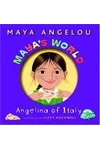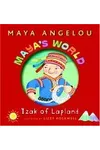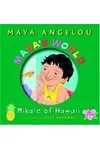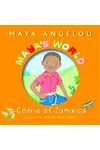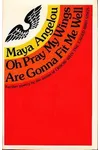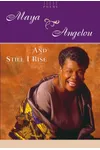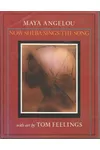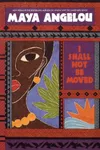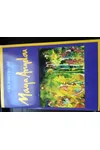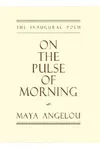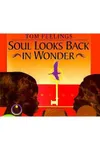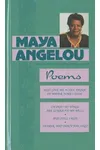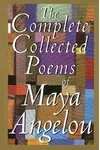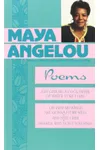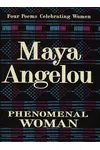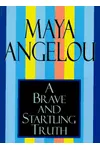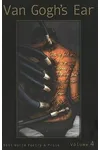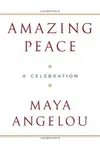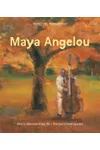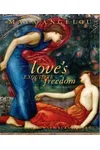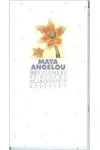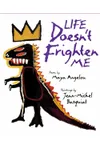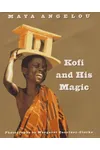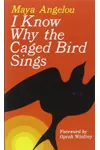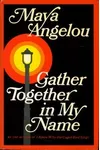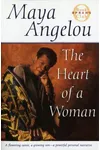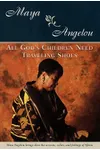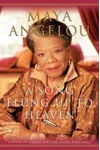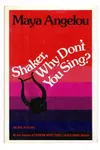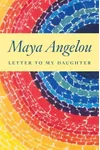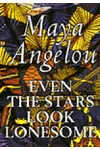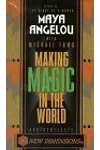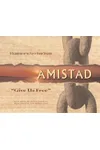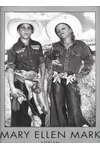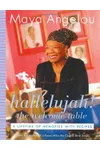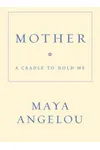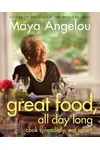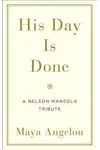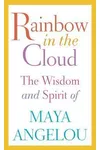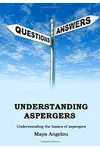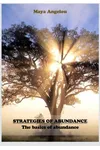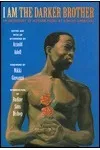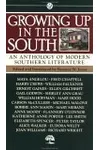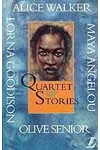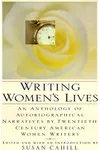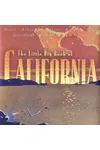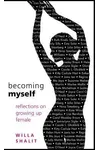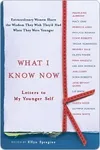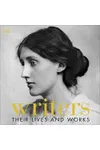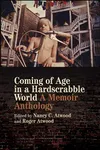Picture an American storyteller whose words danced with resilience and truth—meet Maya Angelou! Born Marguerite Ann Johnson in 1928, this poet, author, and civil rights activist captivated the world with her raw, lyrical memoirs, most notably I Know Why the Caged Bird Sings. Her voice, both on the page and in life, sang of survival, identity, and hope, making her a literary icon.
Angelou’s life was as vibrant as her prose. From overcoming a traumatic childhood to gracing stages as a dancer, singer, and speaker, she wove her experiences into works that resonate across generations. Ready to dive into her extraordinary journey?
The Making of Maya Angelou
Born in St. Louis, Missouri, Maya Angelou faced hardship early on. After her parents’ divorce, she and her brother were sent to live with their grandmother in Arkansas, where racial prejudice and personal trauma shaped her young years. A love for literature, sparked by authors like Langston Hughes and William Shakespeare, became her refuge. By her teens, Angelou was breaking barriers as San Francisco’s first Black female streetcar conductor, a testament to her fearless spirit.
Her early career was a whirlwind of creativity—she danced in nightclubs, toured Europe with the opera Porgy and Bess, and wrote poetry. These experiences laid the groundwork for her literary voice, blending raw honesty with rhythmic grace. In the 1960s, her work with Martin Luther King Jr. and Malcolm X deepened her commitment to civil rights, infusing her writing with purpose.
Maya Angelou’s Unforgettable Stories
Angelou’s breakthrough came with I Know Why the Caged Bird Sings (1969), a groundbreaking memoir that chronicled her childhood and adolescence. Its unflinching look at racism, trauma, and self-discovery made it a classic, earning her international acclaim. The book’s title, inspired by a Paul Laurence Dunbar poem, reflects her theme of freedom amidst oppression.
She followed with six more autobiographies, including Gather Together in My Name (1974), which explores her young adulthood, and The Heart of a Woman (1981), delving into her role in the civil rights movement. Her poetry, like Still I Rise (1978), pulses with defiance and empowerment, its cadences echoing her love for oral storytelling. Angelou’s style—vivid, conversational, and deeply human—invites readers into her world, blending humor, pain, and triumph.
Her work transcends genre, appealing to readers of memoir, poetry, and social commentary. Whether reciting her poem On the Pulse of Morning at Bill Clinton’s 1993 inauguration or penning essays like Letter to My Daughter (2008), Angelou’s voice remained a beacon of authenticity.
Why Maya Angelou Matters
Maya Angelou’s impact is immeasurable. Her fearless exploration of race, gender, and identity paved the way for writers like Toni Morrison and Alice Walker. Her memoirs gave voice to Black women’s experiences, challenging stereotypes and inspiring readers worldwide. Beyond literature, her work as an educator and speaker touched countless lives, earning her the Presidential Medal of Freedom in 2011.
Angelou’s legacy endures in classrooms, book clubs, and hearts. Her words remind us that resilience and empathy can transform lives, making her a timeless figure in American culture.
About Maya Angelou
- Born: April 4, 1928, St. Louis, Missouri
- Key Works: I Know Why the Caged Bird Sings, Still I Rise, The Heart of a Woman
- Awards: Presidential Medal of Freedom (2011), National Book Award nomination
- Died: May 28, 2014
Snag I Know Why the Caged Bird Sings and dive into Maya Angelou’s powerful, poetic world!
